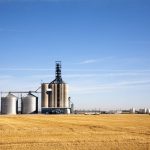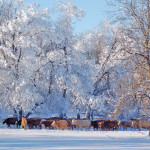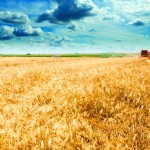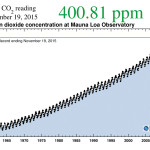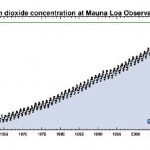Efforts to reduce the Canadian beef industry’s environmental footprint are paying off, new research shows. “Improved production and feed efficiencies, crop yields and management strategies have led to reduced emissions in Canadian beef production,” said Tim McAlister, research scientist with Agriculture and Agri-Food Canada (AAFC) and principal investigator of the research study. “And, compared to
